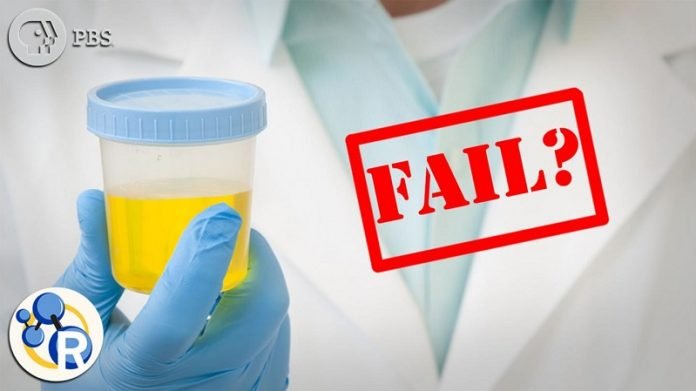
Cannabidiol, or CBD, is a non-psychoactive compound produced by the marijuana plant that seems to be everywhere these days.
Maybe you’ve even been asked if you’d like it added to your morning cup of joe!
Interestingly, the chemical structure of CBD is very similar to THC, which is the marijuana-derived compound responsible for getting people high and the one screened for by drug tests.
This structural similarity begs the question: Could using CBD make you fail a drug test?
In this episode of Reactions, we break down the chemistry behind the possibilities:
Reactions is a video series produced by the American Chemical Society and PBS Digital Studios.
The American Chemical Society, the world’s largest scientific society, is a not-for-profit organization chartered by the U.S. Congress.
ACS is a global leader in providing access to chemistry-related information and research through its multiple databases, peer-reviewed journals and scientific conferences.
ACS does not conduct research, but publishes and publicizes peer-reviewed scientific studies. Its main offices are in Washington, D.C., and Columbus, Ohio.



